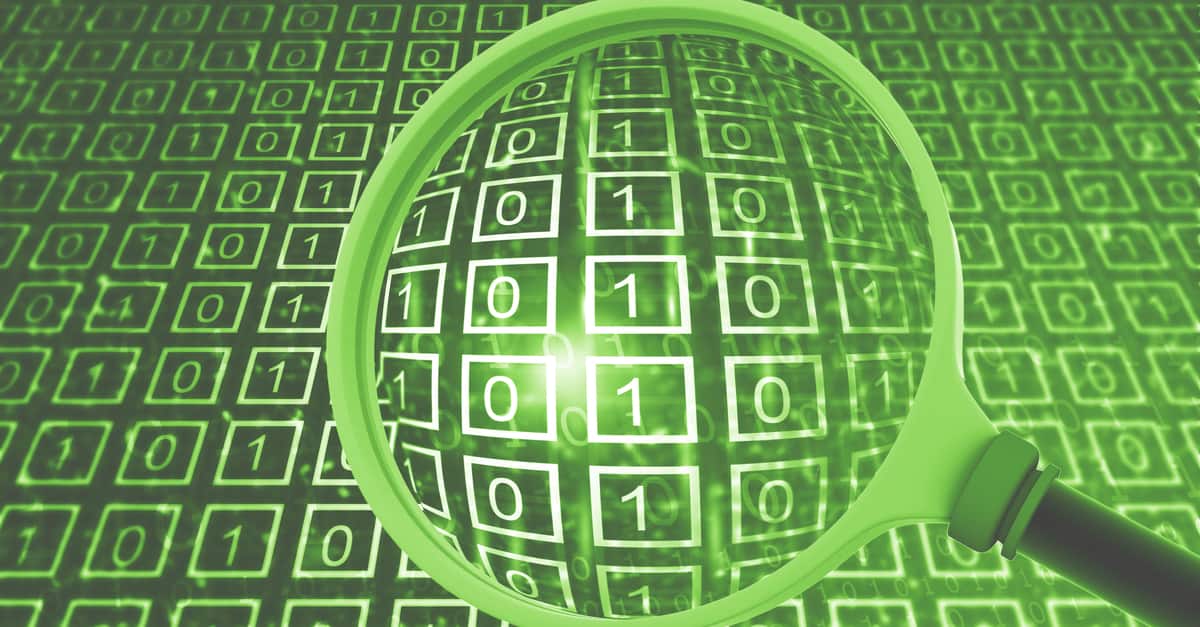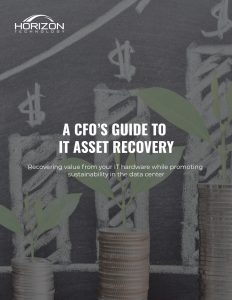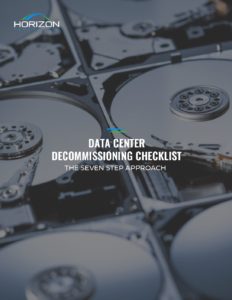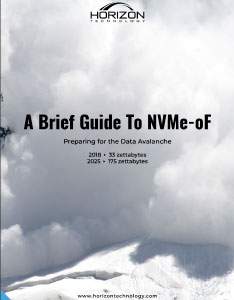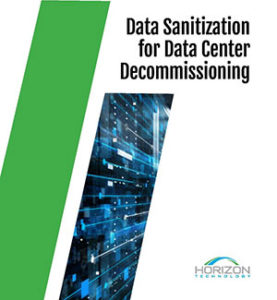First, let’s get a definition of ITAD, an industry acronym that stands for IT asset disposition. When organizations need to upgrade or otherwise dispose of data center equipment or endpoint hardware, they turn to companies that specialize in IT asset disposal for help.
Of course, the process is more involved than simply tossing those assets in the dumpster out behind the facility. In fact, mishandling IT assets is a surefire way to land your company in hot water with regulators and expose yourself to significant legal liability.
Neither is it simply about disposal. The best ITAD companies help their clients with data sanitization and parts harvesting, as well as repair and reuse of equipment. They understand the future of IT hardware is circular.
Questions To Ask A Prospective ITAD Firm
Because the disposition process is complex and detail-oriented, top ITAD companies will work closely with their partners throughout. While that level of support is critical to successful outcomes, not all ITAD companies are the same. In general, the more time you invest in finding the right partner, the greater the benefits.
When your organization is selecting an ITAD company for its next project, here are five questions to ask:
- Questions To Ask A Prospective ITAD Firm
- 1. Does The ITAD Company Offer Full Life Cycle Management?
- 2. Does The Firm Have Appropriate Certifications In Place?
- 3. Is The Vendor Effective On IT Asset Recovery?
- 4. Can The Firm Demonstrate Expertise On Compliance And Security?
- 5. Does The ITAD Company Display Rigor In Its Processes?
1. Does The ITAD Company Offer Full Life Cycle Management?
From initial planning to final coordination, the best ITAD companies will assist you at each stage of the disposition process. They will work with you as a full-service partner through the life cycle of your data center hardware.
The reality is that managing data center hardware effectively is not a one-time deal, whether you are decommissioning a data center or undertaking a refresh cycle.
While the focus throughout should remain on security and compliance, the best ITAD companies will also work to return meaningful revenue to your IT budget. Above all, it will aim to secure top values for resold parts in a way that puts your best interests first.
SELECTING A VENDOR: Staying power matters in an ITAD firm. With a long track record comes deep industry relationships and trusted insights into the real-time value of retiring assets. By working with the right partners, some clients may recoup sums in the ballpark of $1 million in annualized revenue through IT asset recovery. The more extensive your data center hardware, the greater the potential returns.
In addition to offering full-service capabilities, ensure that your ITAD vendor can devise custom solutions for you:
- Does the vendor understand what makes your ITAD requirements unique?
- How will they cater to your needs in a secure and compliant way?
- Are you considering internal redeployment as part of your hardware management plan? If so, how will the vendor support this?
Before agreeing to anything, request a documented SOP that specifies exactly what the ITAD company is responsible for. The plan should similarly specify how the ITAD firm intends to execute its responsibilities.
2. Does The Firm Have Appropriate Certifications In Place?
Remember to check the ITAD company’s credentials and ensure the vendor has robust industry knowledge.
In some cases, for instance around the data sanitization of used storage drives, your industry may be subject to regulatory compliance. Look to hire an ITAD company that can implement a complex disposition plan with rigor and accountability.
Here are just a few of the certifications that you should look for in a vendor:
ADISA certification
ADISA, the Asset Disposal & Information Security Alliance, supports companies seeking to achieve best-in-class control around data sanitization and the physical security of data-bearing hardware. For this reason, it conducts rigorous audits of companies that wish to become a part of the alliance.
NIST SP 800-88 compliance
NIST is the U.S. National Institute for Standards and Technology. Its industry standard, NIST 800-88, provides comprehensive guidance for companies and U.S. government entities. It is intended to help organizations follow best practices for data destruction.
R2 (Responsible Recycling)
R2 is the recycling standard administered by Sustainable Electronics Recycling International (SERI). Above all, the R2 standard stipulates that recycling is done responsibly, and provides a rigorous process to ensure that companies adhere to the standard.
e-Stewards, an outgrowth of the Basel Action Network (BAN), offers a similarly rigorous certification program for e-waste recyclers. In addition, it prohibits the export of e-waste to developing countries. Moreover, it demands high ethical standards throughout the global recycling supply chain.

Learn about data center decommissioning for global operations.
3. Is The Vendor Effective On IT Asset Recovery?
Ensure that the vendor can demonstrate a track record of returning value to its customers. For instance, check out the vendor’s results for other clients.
Above all, shop around and seek a second opinion. Resist the temptation to simply accept the first offer you receive. While the promise of fast cash may seem appealing, is there a better option available?
SELECTING A VENDOR: For server decommissioning projects, the best ITAD companies will advise on how to most effectively structure the remarketing of assets. For instance, this could be as entire servers or broken into its constituent components.
Mark Kier, director of business development at Horizon Technology, advises IT managers to be mindful. Is the ITAD vendor putting its client’s best interests first?
“Some ITAD companies are good at looking at the equipment and saying here is a dollar amount and this is what we can do. These companies will take it in and break it down. Suddenly, they are reaping the rewards and the customer is not,” says Kier.
“So the real question to IT managers is whether you’re asking your asset recovery partner for a bid for both options, from selling it as a full system to breaking it down to spare parts.”
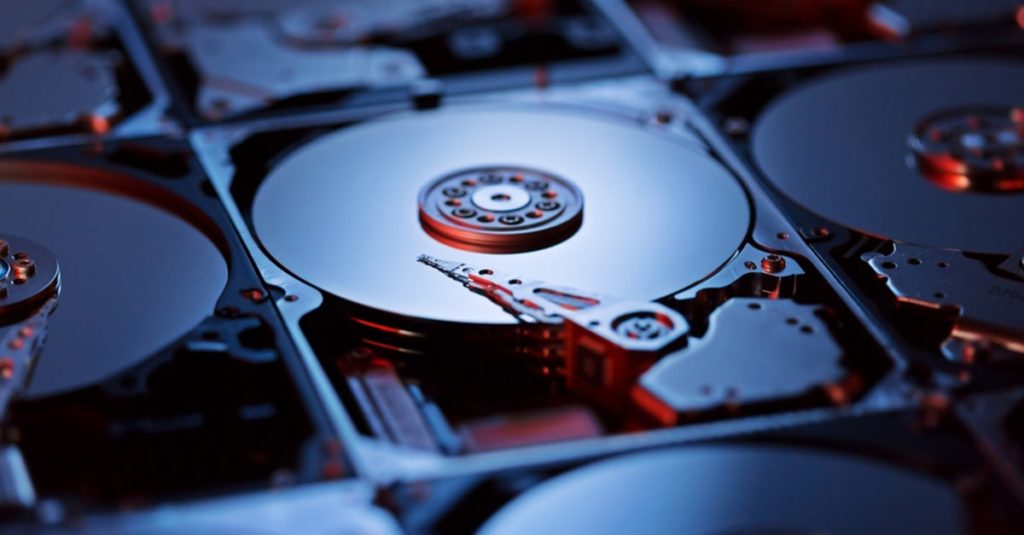
Learn about maximizing value recovery from enterprise hard drives.
4. Can The Firm Demonstrate Expertise On Compliance And Security?
Of course, expertise comes in many forms. Being able to demonstrate return on retiring assets is one thing. But what about the ability to handle the remarketing process securely and compliantly?
With the rise of cloud data centers and the increasing value of data-focused assets, ITAD is no longer simply an exercise in disposal. Nowadays, industry expertise around information security is a basic requirement, too.
Questions to ask include:
- How many secure disposition projects has the ITAD company completed?
- Which industry regulations can it demonstrate compliance with?
- What is its approach to chain of custody and how well can it customize its services to your needs?
- How does it use technology to manage an ITAD project?
- What process checks does it require to ensure the integrity of the plan?
SELECTING A VENDOR: A top ITAD company will work with you at the time of equipment deployment to devise a hardware lifecycle plan. This plan should cover ongoing maintenance through eventual retirement. Repair and warranty management, for example, are frequently overlooked elements of hardware asset planning.
Even when an ITAD company talks a good game and flashes all the right certificates, keep asking questions. Avoid firms that cut corners once a client’s back is turned. Take the time not to put your company’s good name at risk.
5. Does The ITAD Company Display Rigor In Its Processes?
Top ITAD providers don’t just market themselves effectively. They also have the underlying workflows and compliance checks in place to ensure work gets completed according to plan. Plus, they demonstrate a level of rigor in their processes that minimizes the risk of omission and protects against human error.
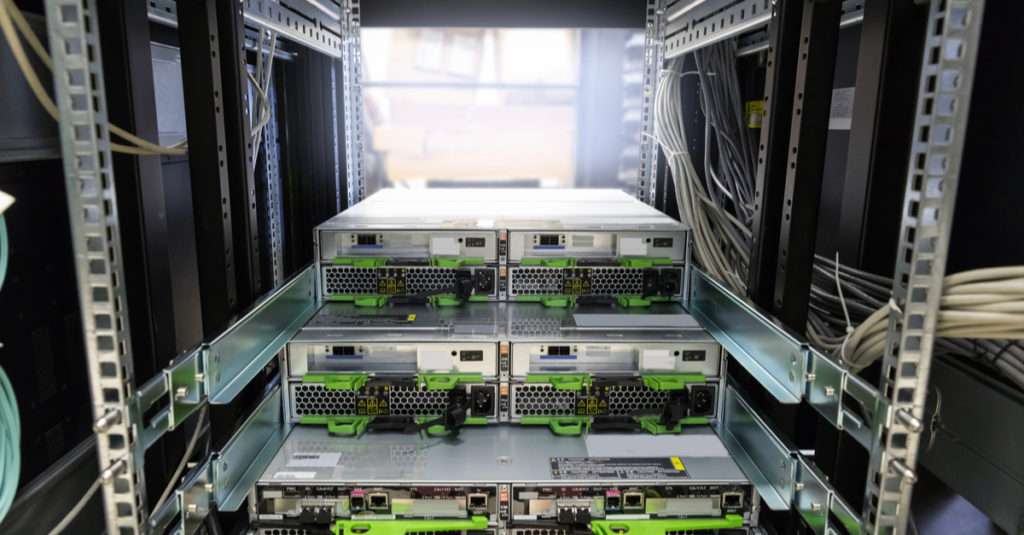
Learn about managing excess inventory in the enterprise data center.
Finding the right ITAD company for your organization shouldn’t be a headache. From data center decommissioning and asset remarketing to hardware procurement and repair management, get in touch with Horizon today.






